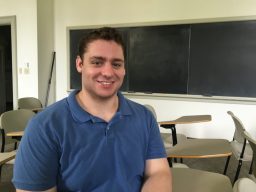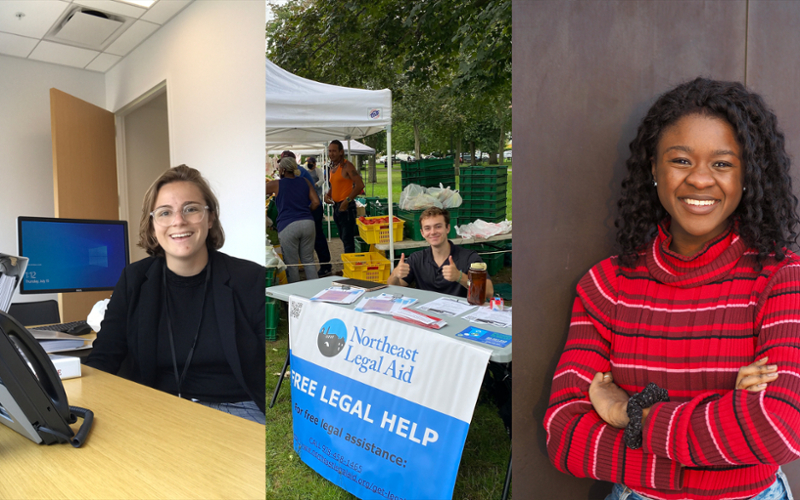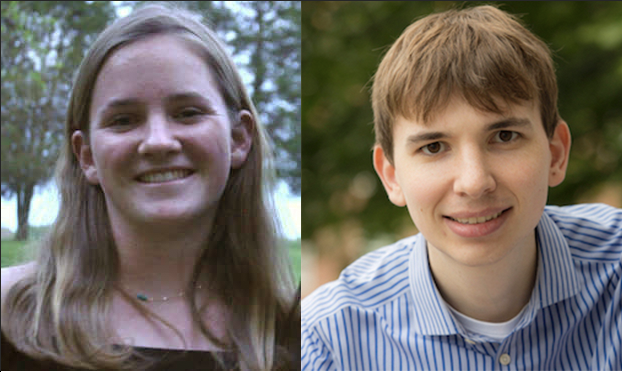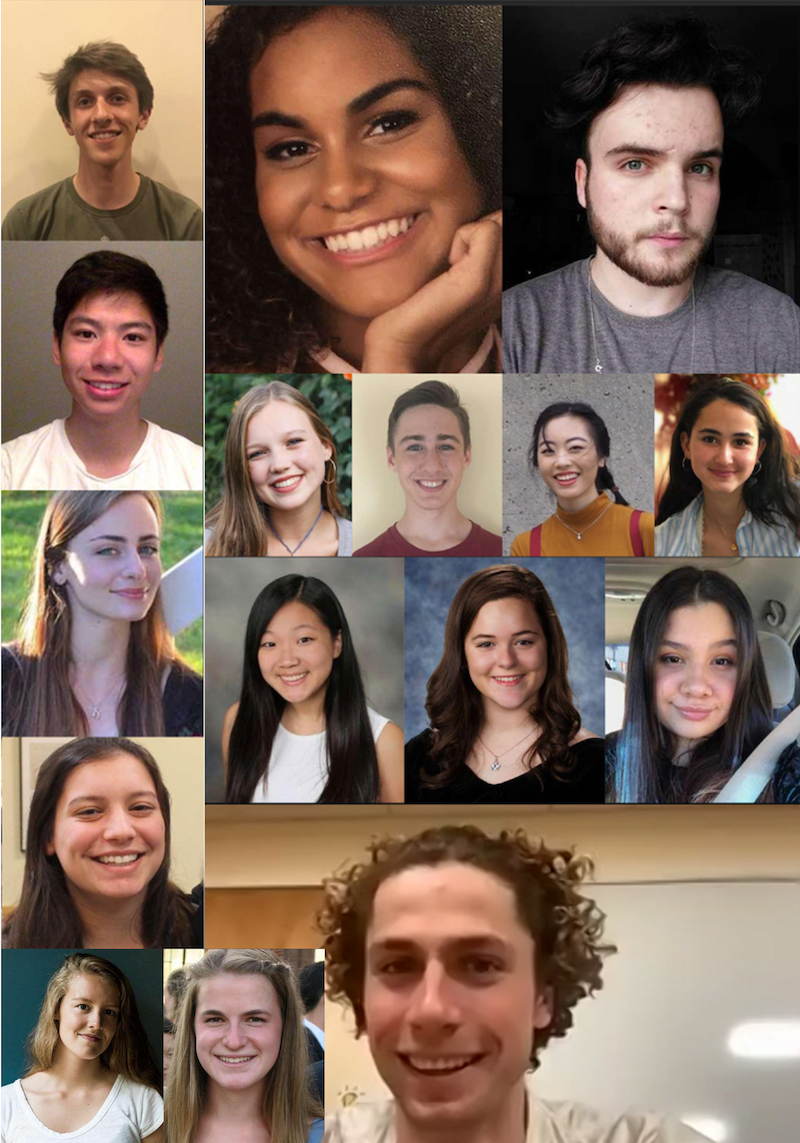Summer Fellowship Maps Congressional Behavior

Ian Dieli ’18 is a computer science major and math minor who has never taken a government class. Nevertheless, the work he’s doing this summer could end up making life easier for political science researchers.
Working under the guidance of Assistant Professor of Digital and Computational Studies and Computer Science Mohammad T. Irfan, Dieli is building up a database of congressional bills as part of a Breckinridge Summer Research Fellowship.
It comes under the umbrella of Irfan’s larger ongoing project to analyze how much influence, or “weight,” particular congressional representatives have.
“It’s been really interesting to learn more about Congress and how it works,” said Dieli. And that’s the beauty of a discipline like computer science, he added: “It can be applied to any field. In fact it has to be applied to other fields because you can’t just code nothing.
The essence of Dieli’s work is to collate and organize congressional voting records in a way that will make it much easier to track the progress of a particular bill and learn who voted for it.
“A lot of important information is very spread out, difficult to locate and difficult to connect,” he said.
“For example, one of the best sources to get roll call, or voting, information is a website called voteview.com, but all the voting data are in the form of sequential digits, meaning it’s very confusing if you’re trying to connect a member’s vote to an actual bill.”
Another problem Dieli has encountered is how to organize the data. “For example, one of the sources we used for member information assigns a new, unique ID when someone becomes president, as opposed to when they’re just in Congress.
This means that if a representative becomes president, it’s hard to find their congressional voting record because everything has been updated to reflect their presidential position.” So, Dieli explained, this means assigning a new ID to that person to account for their pre-presidential behavior in Congress.
If this all sounds very painstaking, that’s because it is, said Dieli. “We do a ton of manual checking as we go through to make sure everything works.” He admitted it’s sometimes hard to think about the big picture because of all the minutiae he has to deal with. But, he added, that’s all part and parcel of being a Computer Science major.
“This project involves a lot of coding, which I love. It may sound boring to some people but I think it’s really interesting.”
Dieli said he’s close to completing the data-gathering stage. “We’re about to start working on a prototype web app with a usable front end. It should be pretty straightforward.” He said he hopes to have the working prototype available by the end of the summer.
Dieli is one of about 200 students working on campus over the summer engaged in faculty-mentored research.
Related Stories
-

-
 August 02, 2021Assistant Professor of Computer Science Sean Barker and summertime Gibbons fellow Charlotte Gehrs ’24 are fine-tuning a tool developed in Barker's lab that could help homes be more energy efficient.
August 02, 2021Assistant Professor of Computer Science Sean Barker and summertime Gibbons fellow Charlotte Gehrs ’24 are fine-tuning a tool developed in Barker's lab that could help homes be more energy efficient. -

-
